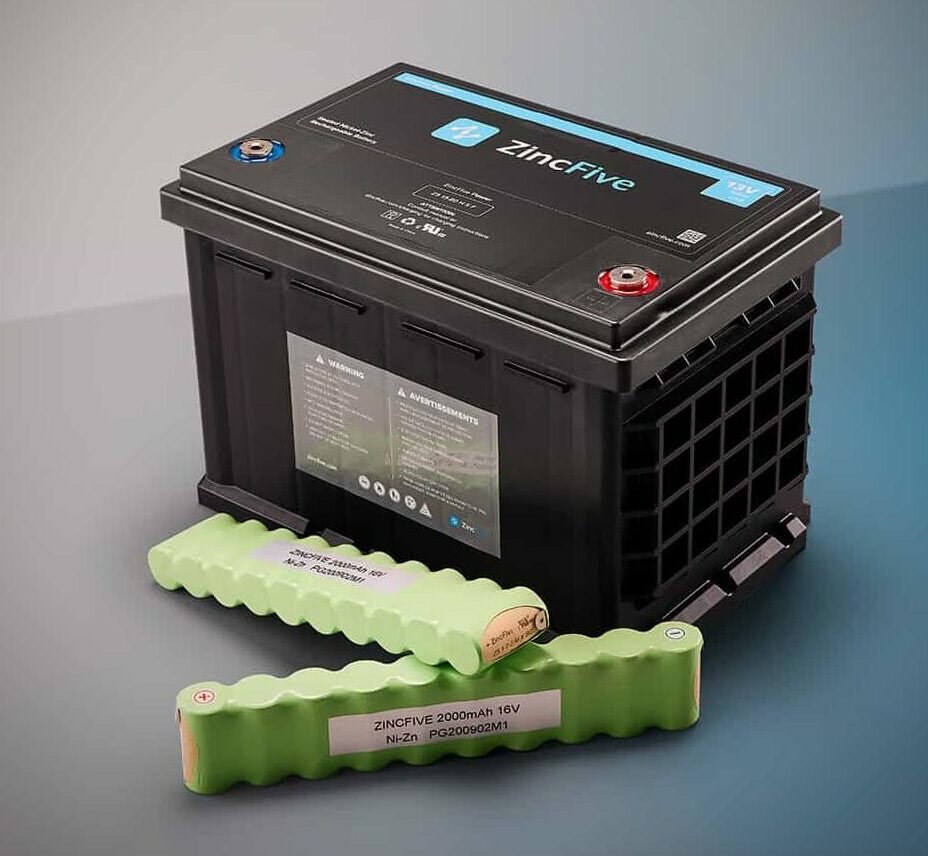The use of nickel-zinc battery in various industries has been growing steadily due to their numerous benefits. However, their disposal can have significant environmental impacts. As we continue to search for more sustainable sources of energy, it is important to consider the environmental impact of nickel-zinc batteries and ways to recycle and dispose of them responsibly.
Environmental Impact of Nickel-Zinc Batteries
Nickel-zinc batteries are a type of rechargeable battery that uses nickel and zinc as active materials. Unlike traditional lead-acid batteries, nickel-zinc batteries are non-toxic, contain no harmful heavy metals, and have a lower risk of explosion or fire. However, the production of nickel and zinc can still have significant environmental impacts, such as water pollution and habitat destruction.
Additionally, the improper disposal of nickel-zinc batteries can lead to soil and water pollution. When these batteries are not recycled properly, the metals can seep into the soil and waterways, contaminating the environment and posing a threat to wildlife and human health.
The Importance of Recycling Nickel-Zinc Batteries
Recycling nickel-zinc batteries is critical for reducing their environmental impact. The recycling process involves the extraction of nickel and zinc from the battery and their reuse in the production of new batteries and other products. This not only reduces the need for new mining and production but also prevents the toxic materials from contaminating the environment.
Fortunately, the recycling of nickel-zinc batteries is becoming increasingly common. Many battery manufacturers have implemented recycling programs and established partnerships with recycling facilities to ensure the safe and responsible disposal of these batteries.
The Potential of Nickel-Zinc Batteries in a Sustainable Energy Future
Despite the environmental impact and disposal challenges, nickel-zinc batteries have the potential to contribute to a more sustainable energy future. The use of nickel-zinc batteries in electric vehicles, for example, could significantly reduce carbon emissions and increase energy efficiency.
Additionally, advancements in battery technology have made it possible to recycle and reuse the materials in nickel-zinc batteries more efficiently, reducing waste and improving sustainability.
The use of nickel-zinc batteries has numerous benefits, but it is essential to consider their environmental impact and disposal. By recycling and properly disposing of nickel-zinc batteries, we can reduce their environmental impact and contribute to a more sustainable energy future. With continued efforts towards sustainability and responsible recycling practices, nickel-zinc batteries can continue to be a promising source of energy for years to come.


